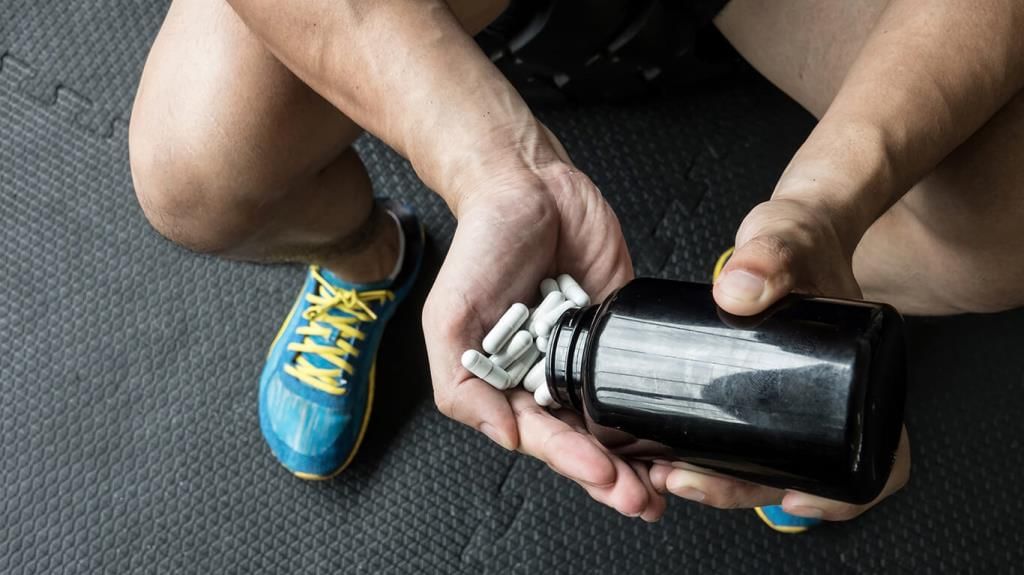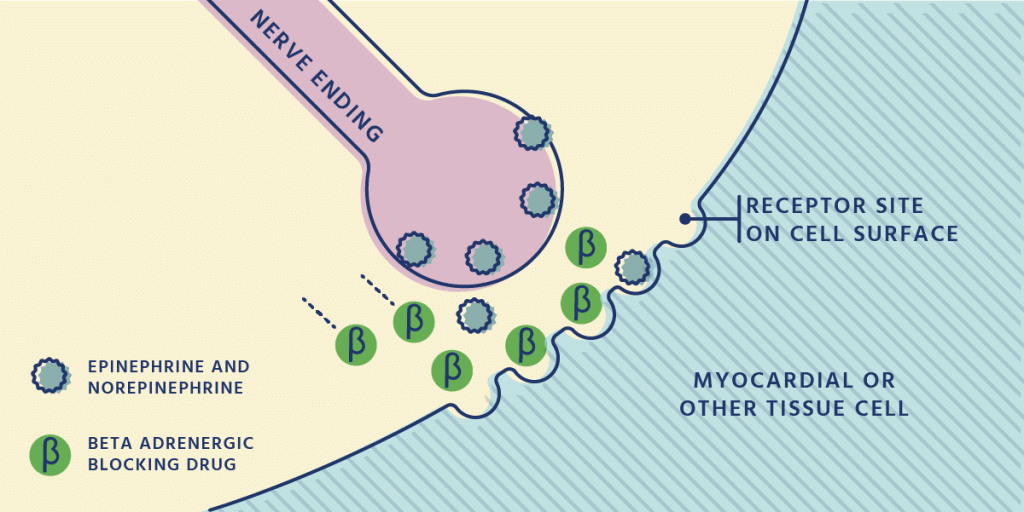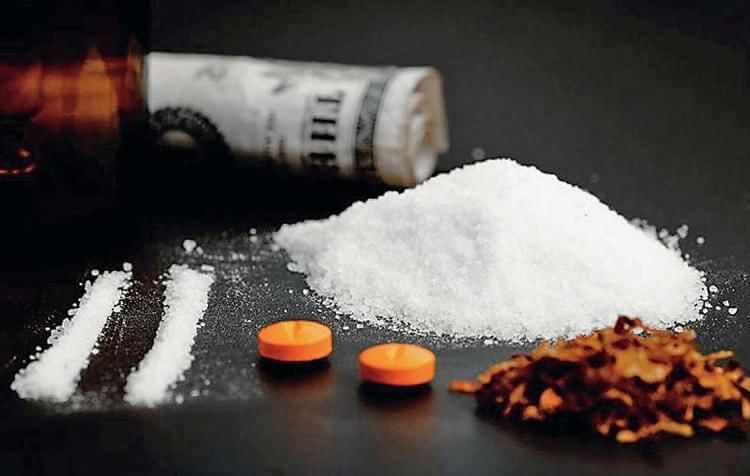Short and Long Questions with answers, Doping, Physical education | Physical Education Class 11 (XI) - CBSE and NCERT Curriculum PDF Download
Short Answer Questions (1 Mark each)
Q.1. What do you mean by doping?
Ans. Doping means the use of banned substances like drugs and steroids by a sportsperson to improve his performance. DopingQ.2. How many types of doping are there?
DopingQ.2. How many types of doping are there?
Ans. There are three types of doping:
- use of drugs
- Blood doping
- Gene doping
Q.4. What do you mean by narcotics?
Ans. Narcotics are drugs like morphine, heroin which are used by an athlete to reduce pain and anxiety to improve sports performance.
Short Answer Question (3 Marks)
Q.1. Make a list of performance-enhancing substances and describe any two?
Ans.
Q.2. Explain the blood doping?
Q.3. How does Beta-Blockers affect the sports performance.
Ans. Beta blockerEffects of Beta-Blockers in sports performance are as follows:
Beta blockerEffects of Beta-Blockers in sports performance are as follows:
- Reduction in Blood pressure and heart rate
- Reduce shaking of hands.
- It reduces the level of anxiety
- It improves concentration
Use of Beta-Blockers are prohibited in sports like archery, shooting, and golf etc.
Q.4. What is the main objective of international body WADA?
Ans. The main objective of WADA is to eliminate doping from all kinds of sports competitions.
Q.5. Give any two responsibility of an athlete to control doping?
Ans.
- To be knowledgeable of and comply with all applicable anti-doping policies and rules.
- To be available for sample collection at all times.
- To remain in direct observation of doping control officer until the sample is sealed.
- To co-operate with an athlete during the doping test programme.
- The athlete must show proof of identification whenever needed.
Long Answer Questions (5 Marks)
Q.1. Explain in detail the side effects of the use of the banned or prohibited substance is sports.
Ans. The athletes use different types of banned substances to
Banned substances
1. Stimulants
- Cause insomnia, anxiety, and aggressiveness
- Poor Judgement
- Increases hypertension and body temperature
2. Anabolic steroid
- Can cause Sudden heart attack
- High blood pressure
- Mood swings, aggression/depression
- Can cause impotency and baldness in males
- Can cause facial hair growth and deep voice in females
3. Cannabinoids
- Reduce concentration and co-ordination
- Reduce lung capacity
- May cause heart disease and lung cancer
- Loss of memory
4. Beta-Blockers
- Reduces endurance
- A headache and weak digestion.
- Risk of a heart attack due to a slow heart rate.
5. Narcotics Fig: Narcotics
Fig: Narcotics
- Loss of balance and coordination
- May cause drowsiness, vomiting, constipation
- May cause fainting and coma
6. Diuretics
- Can cause dehydration
- May lead to kidney damage
- Mineral imbalance and low blood pressure and drowsiness
7. Beta-2 Agonists
- Cold hands, drowsiness
- A headache, vomiting etc.
- May cause insomnia and depression.
Ans.
- Increased heart rate and Blood pressure
- Sexual dysfunction
- Features like a male in females
- Physical and mental weakness
- Complications like stroke, cardiac problems, and even death
- Breast enlargement in males
- Premature baldness
- Enlargement of the prostate gland
- Irregularity in menstruation
- The problem of depression & aggression
Q.3. What are the physical methods of doping? Define methods prohibited in sports.
Ans.
- Blood Doping: Blood doping is a method to increase the count of red blood cells, which is done by the use of wrong banned substances. There are two methods under this:
(a) Autologous blood doping: Two units of blood are taken some weeks prior to competition. Then the blood is frozen until one or two days before the competition when it is injected into the athlete. This is called autologous blood doping.
(b) Homologous blood doping: The injection of fresh blood, taken from a second person, straight into the athlete is called homologous blood doping. This improves the oxygen-carrying capacity to the muscles by increasing the count of red blood cells (RBC) so the muscle endurance is increased which improves the aerobic capacity and sports performance. - Gene Doping: Gene doping is the manipulation of cells or genes to enhance the body's sports performance. It can be used to improve the work function of normal healthy cells. Gene therapy plays an important role in the growth and development of muscles and bones. It also speeds up the person to repair of the injured muscle tendons and ligaments.
- Chemical and Physical Manipulation: Any tampering with the samples during doping control during or after any competition is prohibited.
|
33 videos|47 docs|23 tests
|
FAQs on Short and Long Questions with answers, Doping, Physical education - Physical Education Class 11 (XI) - CBSE and NCERT Curriculum
| 1. What is doping in sports? |  |
| 2. What are the consequences of doping? |  |
| 3. How do sports organizations detect doping? |  |
| 4. What is the role of physical education in preventing doping? |  |
| 5. How can we raise awareness about the dangers of doping? |  |

















